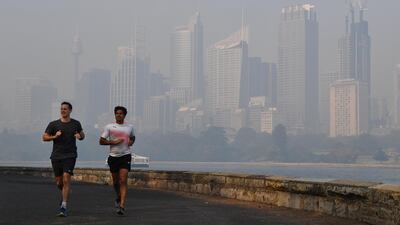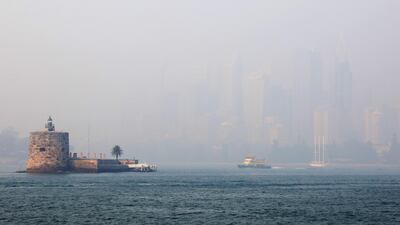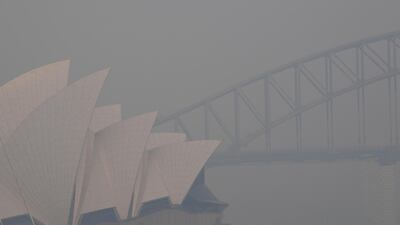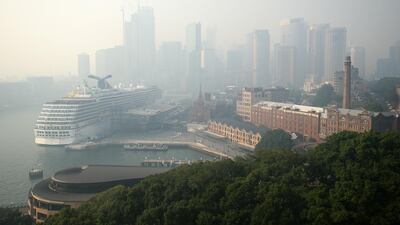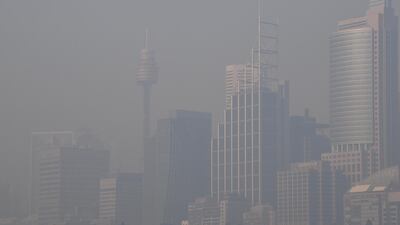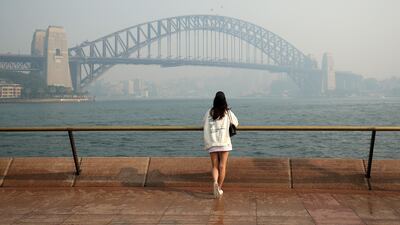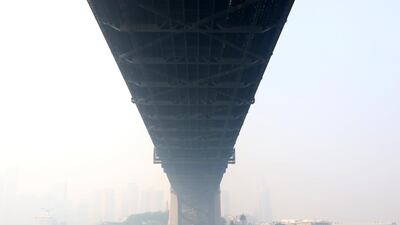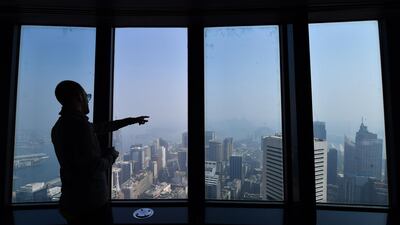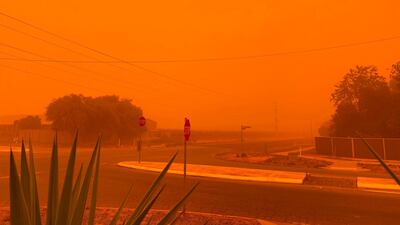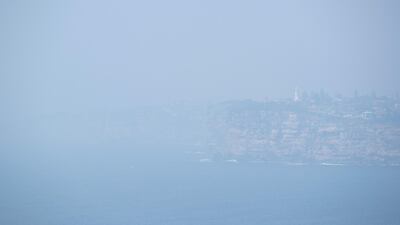Australia is enduring a horrific bush fire season, with six people dead, hundreds of homes destroyed, and more than 1.7 million hectares burnt through.
For around two weeks fires have raged in Queensland and New South Wales, with South Australia and Victoria plagued by fires more recently.
The severity and scale of the fires has sparked furious debate about the Australian Government’s alleged inaction on climate change, as record high temperatures and severe drought have combined to create the conditions for a catastrophic fire season.
Worse still, Australia's fire season peaks in January and February.
Smoke blanketed a number of major urban areas today, including Australia’s biggest city, Sydney.
New South Wales has been hardest hit by the fires, with six people killed and around 600 homes destroyed. At the peak of the crisis, 3,000 fire fighters were deployed in that state alone, supported by 70 aircraft. There are still 49 fires burning in New South Wales now, with 25 out of control.
In Queensland, to the north, there are 70 fires burning, one of which covers 13,000 hectares and, according to officials, could burn for weeks unless it rains soon.
In July, August and September combined, an area bigger than England covering parts of southern Queensland and northern New South Wales received less than 10mm of rain.
Deputy Prime Minister Michael McCormack recently attacked people who linked the fires to climate change as “raving inner city lunatics” and “disgraceful”.
Greens MP Adam Bandt responded by describing Mr McCormack as a “dangerous fool”.
Senator Jordon Steele-John said the government was “no better than arsonists” in their alleged dereliction of duty.
Mr Bandt defended the 25-year-old senator from criticism after the comments.
"I think you should listen to the emotion in Jordon Steele-John's voice as he is talking there… he is part of a generation that is terrified and aghast with what they are seeing with the climate crisis. What we are seeing (now) has happened with one degree of warming and they know we are on track for three (degrees of warming),” he told the Australian Broadcasting Corporation.
Mayors from 12 councils, some in fire-stricken regions, issued a statement urging the national government to take climate change seriously and to increase funding to frontline services.
“It is time to honestly and bravely address one of the major causes of these fires, climate change,” they said.
In April, 23 former chiefs and deputy chiefs of fire services said the country was unprepared for the impact climate change would have on fire conditions, urged action on climate change and requested a meeting - which they say Prime Minister Scott Morrison has continued to decline.
A group of Torres Strait Islander people are taking a complaint against the government’s policies on climate change to the United Nations.
Mr Morrison said his government has “a clear commitment to reduce emissions, 26 per cent by 2030”.
The Prime Minister was criticised after tweeting yesterday that Australia's cricket team would give the firefighters and communities impacted by the fire "something to cheer about".
The Prime Minister also drew criticism for claiming today that there was no link between Australia's carbon emissions and the deteriorating climate and fire conditions.
